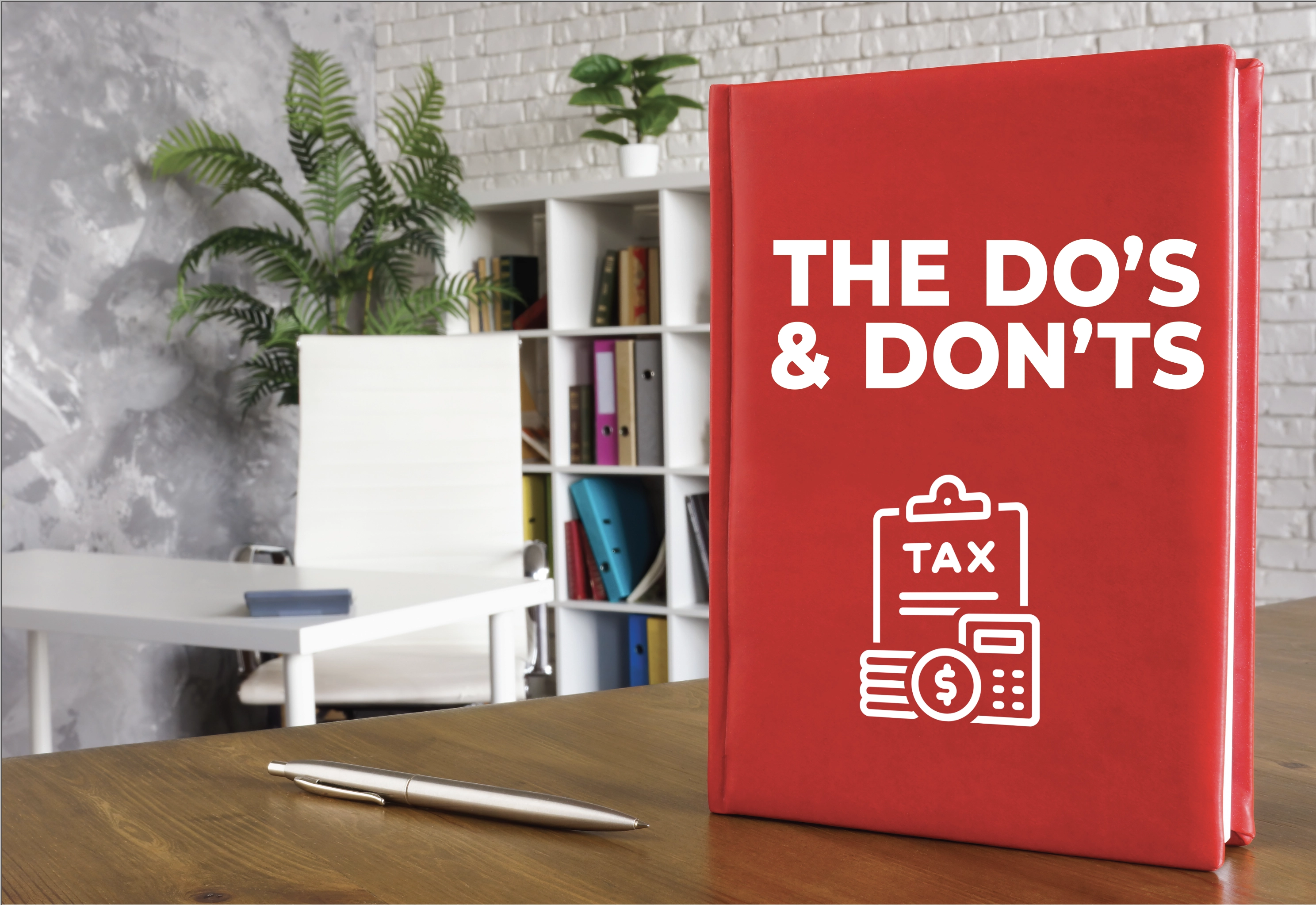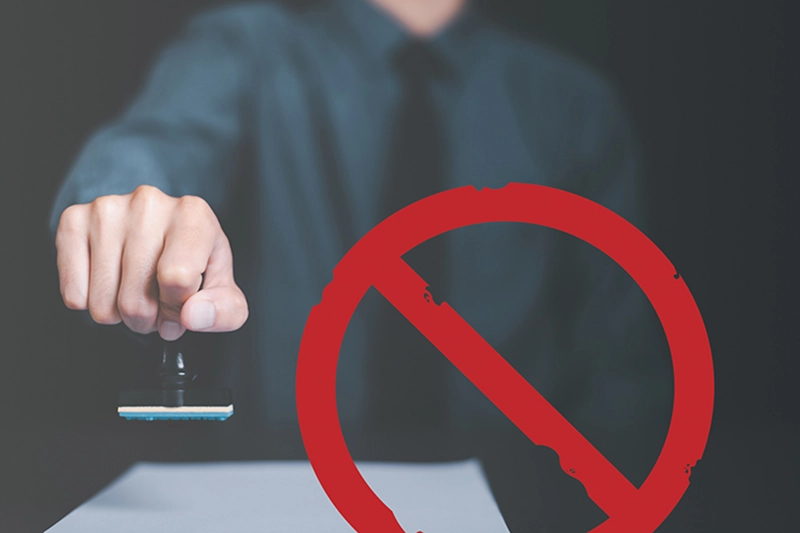Every time I sit down to share some guidance or advice for contractors on tax planning, it seems like an idea that was good last year is either not good this year or the tax provision has expired. Having grown up in the industry, I will say that the Internal Revenue Code changes more often and in more detail than our plumbing or mechanical codes we have. So what does that mean? This means, like every other year, that at least some of this year’s advice may be outdated and as stale as week-old bread by the end of 2024.
Here are some things you can do to prepare for your individual and business taxes this year:
□ Review a copy of last year’s tax return and have it nearby to reference as you prepare for this coming tax season. Make note of any changes from last year to this year in: marital status, family status (new baby or adult child going out on their own), work status (new job, retired, unemployed), investments status (i.e. stocks, real estate, house sold) as well as anything else that has changed in your life. The same goes for your business: changes in ownership, sale of the business or assets, and asset acquisitions. Please share these with your CPA or tax professional, as many events may have tax consequences for you or your business that you’re not aware of, even if the event seems small to you.
□ Start a folder (paper or digital) for your taxes and tax documents for this year. Place all your income, expense and tax documents you receive in the mail or electronically in the folder, so everything is in one place and organized for you and your accountant to review. If you’re not sure if it impacts your tax situation, play it safe and put it (or a copy of it) in this tax folder. Your accountant will let you know if it’s needed or not.
□ Update your personal identification (Social Security Number, Driver’s License Number), as well as your bank information (for electronic-filing purposes for refunds) if any of it has changed since you filed your taxes last year.
If you do your own taxes or don’t have a relationship with a CPA or tax professional, you can start your checklist of items to prepare for tax season:
□ Tax Bracket Management – Look at projected income for this year compared with last year as well as next year (2025). Are you expecting a bonus, raise or distribution from your company? It’ll be important to know what the tax rates are going to be for next year. Depending on the rates, you may want to move income from one year to another to the extent you can do that to lower your potential tax liability.
□ Itemized Deductions – The same thing applies here as above in Tax Bracket Management, though the variance for most taxpayers in their itemized deductions has no significant difference.
□ Investments – Gain or Loss harvesting depending on your situation. This means realizing gains or losses (by selling them) on some investments to lower the projected tax liability.
□ Retirement Planning – Make a list of your retirement investments and plans if you don’t already have this (hint: you should have it and be tracking it like your other assets and investments). If you’re looking at starting or changing a retirement plan in your company or maybe opening an IRA or Roth IRA account on your own, there are tax advantages and disadvantages to each, so please keep your tax professional informed about these decisions.
□ Education Planning – The same listing and strategy for retirement planning holds true for any educational decisions you have made or may be making before year-end.
Here are a few things you should not do as we head down the stretch of 2024 and into tax season:
□ Do not believe everything you hear and see about taxes and tax law changes over the next few months unless the information comes from a CPA or tax professional. While we’ve had a number of last-minute laws and tax code changes passed by year-end, this is an election year, and we won’t truly have any idea what may or may not happen until after all the election results are in for all the federal races (President, Senators & Representatives).
□ Do not enter into a significant business transaction or personal commitment until you’ve spoken with your tax professional and understand the tax implications of making that move. Once something is done, there are very few circumstances where you are allowed to “go back” and treat the move or transaction differently.
□ Do not procrastinate in reviewing your tax situation headed toward year end. There’s plenty of time yet in the year to get transactions or events completed that have tax consequences to you or your business. If your CPA or tax professional hasn’t reached out to you yet, be proactive and reach out to them and have a conversation. NOTE: The accounting and tax professions, like plumbing-heating-cooling-refrigeration-electrical contractors, have a stereotype of being slow or not responding to people looking for help. They also are facing the same staffing and employment issues as in our industry.
One final important point – While we don’t know yet what, if any, tax law changes will be made before year-end, we do know that there will be problems at the end of 2025 if nothing changes right now, because many individuals’ and businesses’ tax provisions in the 2017 Tax Cuts and Jobs Act are set to “sunset” or expire at the end of 2025. Those will have a dramatic impact on most individuals and businesses.
Michael Bohinc is an accountant in Cleveland, Ohio and owns Keeping Score Inc., a financial management and accounting firm. He is a Premier Business Coach for Service Nation and has been writing for industry publications for over 20 years. He has over 35 years’ experience as the Chief Financial Officer of his family’s plumbing business. Michael is the youngest recipient of the Servant Leader Award. Contact Michael at (440) 708-2583 or mbohinc@keepingscorecpa.com.





